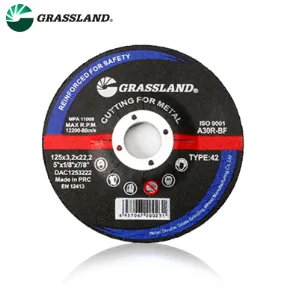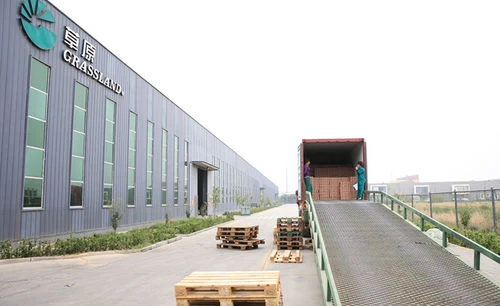

End-user experiences reveal that investing in higher-grade grinding wheels reduces maintenance and downtime, which, though initially costly, enhances productivity and cost-effectiveness over time. Businesses share testimonials highlighting substantial savings in labor and processing time by selecting appropriate, albeit more costly, tools. Expert advice suggests conducting regular reviews and tests of grinding wheel performance under varying conditions. This proactive approach helps in understanding wear patterns, enabling informed decisions about when premium cost wheels provide cost benefits and under which circumstances lesser-cost alternatives suffice. Establishing partnerships with reputable suppliers and engaging with industry experts are pivotal. Knowledgeable vendors provide insights into the practical application, offering trials to determine the most cost-effective wheel types for specific jobs. Consulting with engineers specializing in material processing can also lend authoritative guidance based on empirical evidence and industry standards. Trustworthiness is built by transparent pricing and clear communication about cost factors from providers. Businesses should seek detailed quotations and service agreements to understand the fine print. Warranty policies and post-purchase support often reflect a supplier’s confidence in product quality, enhancing trustworthiness and ensuring customer satisfaction. In conclusion, the cost of grinding wheels stems from material, grain type, bonding, and application conditions. By integrating expert opinions, real-time case studies, and trustworthy supplier relationships, industries can achieve an optimized balance between quality and expenditure, ultimately securing a competitive advantage in their manufacturing processes.
Post time:Jan - 13 - 2025

















